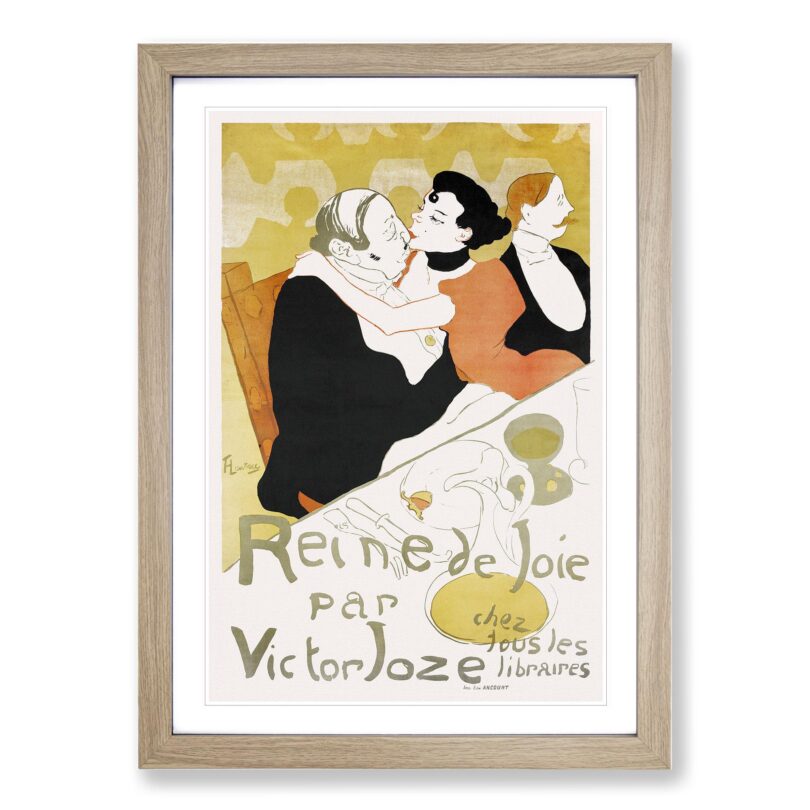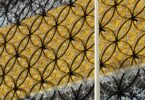In the world of perfumery, the creation of scents is a delicate and complex art form that requires a deep understanding of chemistry, biology, and sensory perception. Perfumers carefully blend together a myriad of natural and synthetic ingredients to craft unique fragrances that evoke specific emotions and memories. This article will provide a critical examination of the process behind scent creation, exploring the nuances of composition, olfactory aesthetics, and the cultural significance of different fragrances. Understanding the intricacies of this art form is essential for appreciating the craftsmanship and creativity that go into producing each bottle of perfume.
1. Exploring the Intricate Artistry Involved in Perfume Creation
Creating a perfume is a delicate art that requires a deep understanding of scent profiles and an innate sense of creativity. Perfumers, also known as “noses,” meticulously blend various essential oils, aroma compounds, and fixatives to craft unique and harmonious fragrances. This intricate process involves experimenting with different combinations to evoke specific emotions or memories in the wearer.
Key Points:
- Perfume creation involves a meticulous blend of essential oils, aroma compounds, and fixatives.
- Perfumers must have a keen sense of creativity and a deep understanding of scent profiles.
- The final fragrance aims to evoke specific emotions or memories in the wearer.
The art of perfumery is not just about mixing scents but also about capturing the essence of a moment or a feeling in a bottle. Each perfume tells a story and reflects the creativity and skill of the perfumer behind it. By , we gain a deeper appreciation for the craftsmanship and creativity that goes into each bottle of scent.
2. Understanding the Complex Chemistry Behind Scent Formulation
The creation of a captivating scent is not just an art but a science, requiring a deep understanding of the complex chemistry behind scent formulation. Perfumers must carefully consider the interactions between various aroma compounds, solvents, and fixatives to achieve the desired fragrance profile.
Chemical Composition: Perfumes are composed of a complex blend of volatile and non-volatile compounds, each contributing to the overall scent. Understanding the chemical structures and properties of these compounds is essential for creating a balanced and long-lasting fragrance.
Synergistic Effects: The synergy between different aroma compounds is crucial in determining the final scent of a perfume. Perfumers must carefully select ingredients that complement each other to create a harmonious and appealing fragrance.
Stability and Longevity: The stability of scent compounds and their ability to linger on the skin are key considerations in scent formulation. By carefully balancing volatile and fixative ingredients, perfumers can ensure a fragrance that lasts throughout the day.
3. The Essential Role of Aroma Compounds in the Perfume Industry
Aroma compounds are the building blocks of the perfume industry, playing a crucial role in creating unique and captivating scents. These compounds are responsible for the distinctive notes that make each perfume composition stand out. From floral to woody, fruity to spicy, the variety of aroma compounds available allows perfumers to craft complex and multi-dimensional fragrances that appeal to a wide range of preferences.
In the art of perfumery, mastering the use of aroma compounds is essential for creating harmonious scent compositions that evoke specific emotions and memories. Perfumers must have a deep understanding of how different aroma compounds interact with each other to achieve the desired fragrance profile. The ability to balance these compounds effectively is what sets expert perfumers apart, allowing them to create perfumes that are not only long-lasting but also truly unforgettable.
In the competitive perfume industry, the selection and quality of aroma compounds used can make or break a fragrance’s success in the market. Perfume houses invest significant resources in sourcing high-quality ingredients and staying ahead of trends to ensure that their perfumes offer consumers a one-of-a-kind olfactory experience. By focusing on the essential role of aroma compounds, perfumers can continue to push the boundaries of scent creation and innovation.
4. Key Processes in Evaluating the Quality and Longevity of Perfumes
In the realm of perfumery, evaluating the quality and longevity of a scent is a delicate and intricate process that requires a keen eye and a discerning nose. One crucial aspect is the thorough examination of the fragrance composition, focusing on the balance of top, middle, and base notes. This key process ensures that the perfume unfolds harmoniously over time, revealing its full complexity and depth. Additionally, the assessment of the raw materials used in the formulation plays a pivotal role in determining the overall quality of the fragrance. From rare botanical extracts to synthetic compounds, each ingredient must be meticulously scrutinized for its olfactory impact and longevity on the skin.
Furthermore, another essential step in evaluating perfumes is the careful consideration of the manufacturing techniques employed. Factors such as maceration time, distillation methods, and aging processes can greatly affect the final scent profile and longevity of the perfume. By recognizing and understanding these key processes, perfumers can create fragrances that not only captivate the senses but also stand the test of time, ensuring an unforgettable olfactory experience for the wearer.
5. Making Informed Choices: Selecting the Right Materials for Perfect Fragrance Blend
When it comes to creating the perfect fragrance blend, selecting the right materials is crucial. Each ingredient plays a unique role in the overall scent profile, and making informed choices can make or break the final product. With a myriad of options available, perfumers must carefully consider factors such as scent longevity, chemical interactions, and overall compatibility of ingredients. By taking the time to thoroughly research and test each material, perfumers can ensure they are crafting a fragrance that is well-balanced and harmonious.
Additionally, understanding the origins and properties of each material is essential in achieving a unique and captivating scent. Whether sourcing natural ingredients from around the world or utilizing synthetic compounds for consistency and longevity, the choices made in selecting materials can greatly influence the success of a perfume. By being mindful of the complexities and nuances involved in scent creation, perfumers can truly master the art of perfumery and create unforgettable fragrances.
In Retrospect
In conclusion, the art of perfumery is a complex and intricate process that requires a deep understanding of the various components that make up a scent. Through a critical examination of scent creation, we have explored the technical skill and creativity that must be employed in order to craft a fine fragrance. Whether one is creating a perfume for personal enjoyment or for commercial purposes, it is clear that a thoughtful and deliberate approach to scent creation is essential. As we continue to study and analyze the world of perfumery, may we all gain a deeper appreciation for the skill and artistry that goes into creating the scents we encounter every day.








Leave a Comment